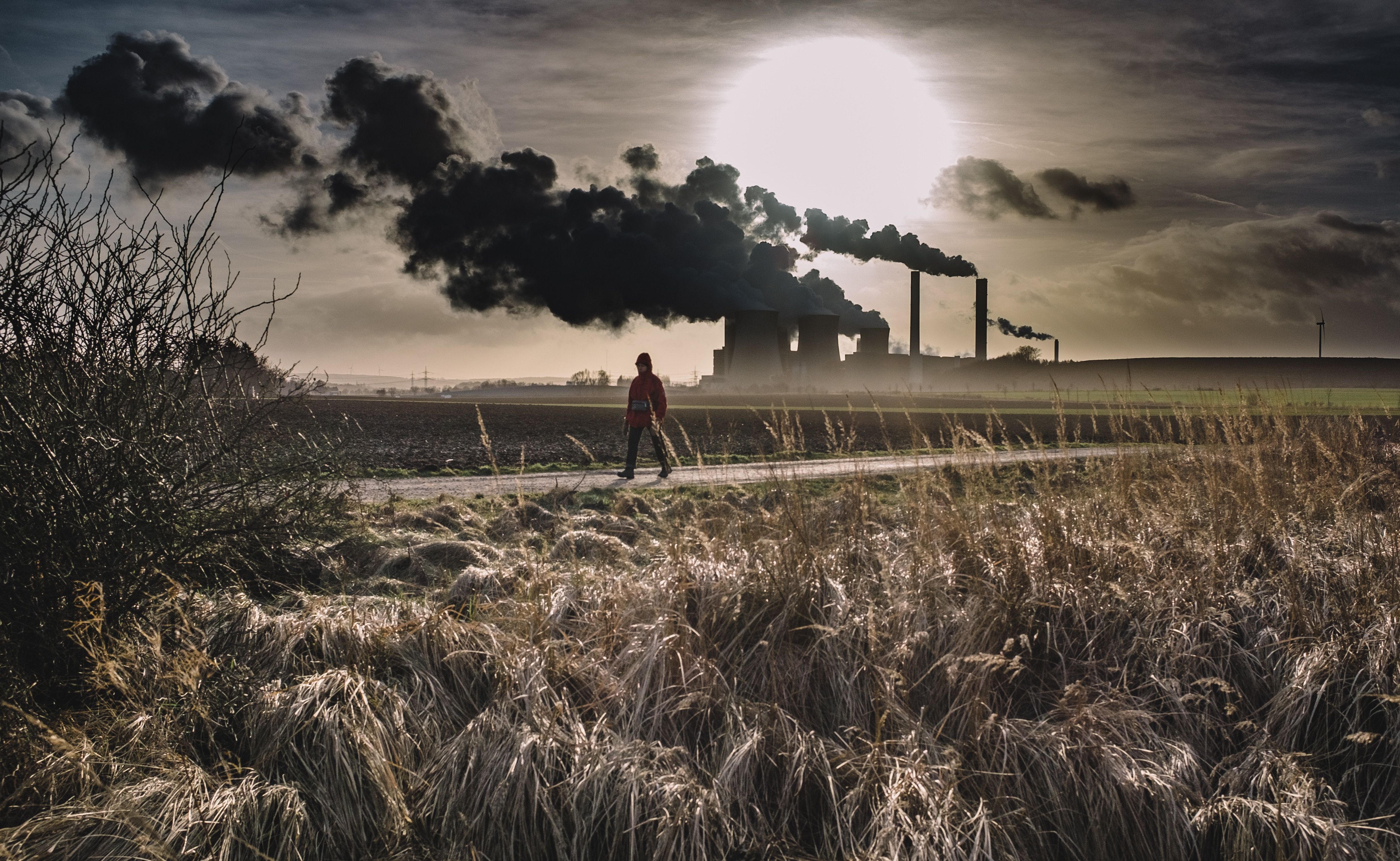We must debate climate change as the socio-economic issue it is
The Committee on Climate Change was recently quoted as stating that several governmental departments remain ignorant to the issue of rising temperatures. That doesn’t surprise me because, despite recent progress, it isn’t enough, and getting people to care is hard.
As someone who has been taught about climate change from both ethical and scientific perspectives, I have learned a lot about two juxtaposed viewpoints. Biocentrism is the belief that organisms and environment are innately valuable, justifying their own existence; by extension, it demands a real solution to climate change. Anthropocentrism contrasts this by arguing the environment only has extrinsic value in how it serves human interests. I would like everyone to stop thinking like that.
The only instance in which people vying for the most powerful office in the world discussed this systemic issue was as a trivial conspiracy theory
The scientific ambassador Professor Ramanathan, a scientific advisor for the Vatican, was given the unenviable task of pitching climate change to Pope Francis in just 3 minutes. Forgetting his initial speech and listing of scientific facts, he tells how he panicked and instead told him that the richest one billion people were creating a crisis; a crisis that the poorest three billion people would disproportionately suffer from. That was all Pope Francis needed. Already convinced, he asked how he could help.
It isn’t coincidental that climate change has become less prevalent in our political discourse over the last ten years, despite its growing impact. It has been shelved in a world shaped by financial crashes, Brexit, and Trumpism. Politicians like Al Gore, who was defined by his environmentalism, barely exist anymore. On the biggest political stages, climate change has been brushed aside as economic and social justice have become the talking points. How many times do you recall climate change being debated in the 2016 US election? Aside from Clinton’s criticism of Trump’s Chinese hoax tweet, I don’t remember a thing. The only instance in which people vying for the most powerful office in the world discussed this systemic issue was as a trivial conspiracy theory. If that is to set the tone of discussion on climate change, then you should prepare for a Mad Max dystopia.
Whilst this affects us all, it will disproportionately hurt the underprivileged people of the world, as they are far less likely to have the technology or resources to mitigate their losses
It is apparent that climate change needs be framed as an issue of economic and social justice. Not only because it makes sense to emphasise its importance, but also because it is genuinely inseparable from these issues. Consider the benefits humanity gets from a functioning environment and robust ecosystems. Humanity is reliant on ecosystems for fertile land, clean water, raw materials and disease prevention to name just a few. These ‘services’ are intertwined; lower biodiversity from deforestation would mean less materials and genetic resources to exploit, ultimately making it harder to find antibiotics and other compounds for medicine. Whilst this affects us all, it will disproportionately hurt the underprivileged people of the world, as they are far less likely to have the technology or resources to mitigate their losses. The countries with less adaptive capacity are, and will continue to be, in the warmest and most variable areas of the globe.
It is only through a biocentric lens of the ecosystems and environmental systems around us that we can truly value our planet. However, it is only by highlighting the threats posed to our individual lives and prosperity that we will be able to spur any action. This most certainly isn’t the key to tackling climate change, which is incredibly complex with an innumerable number of effects. It isn’t worth pretending I can solve such problems with 700 words. But the starting point is creating a discussion. For those of us who want real change, we need to consider how to relate climate change to the daily lives of each and every human being before we can hope to seriously tackle this phenomenon.

Comments